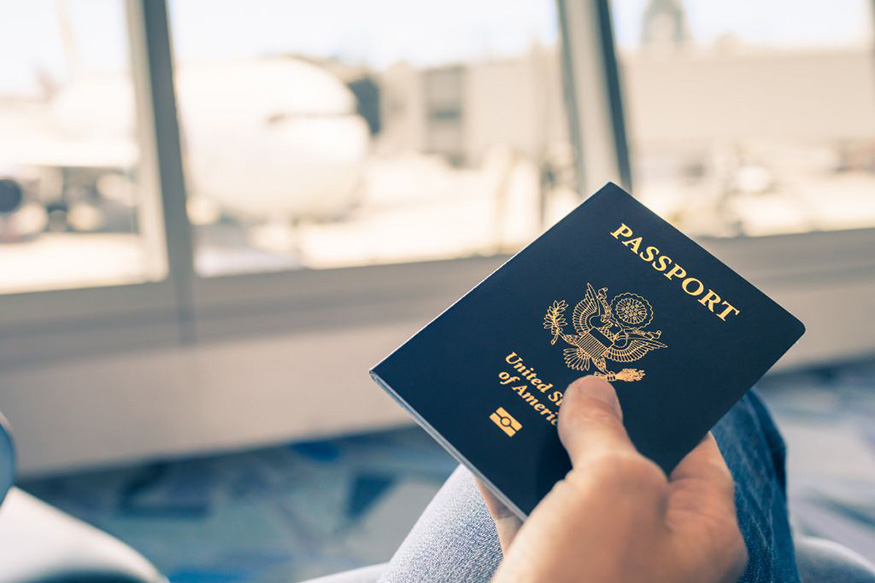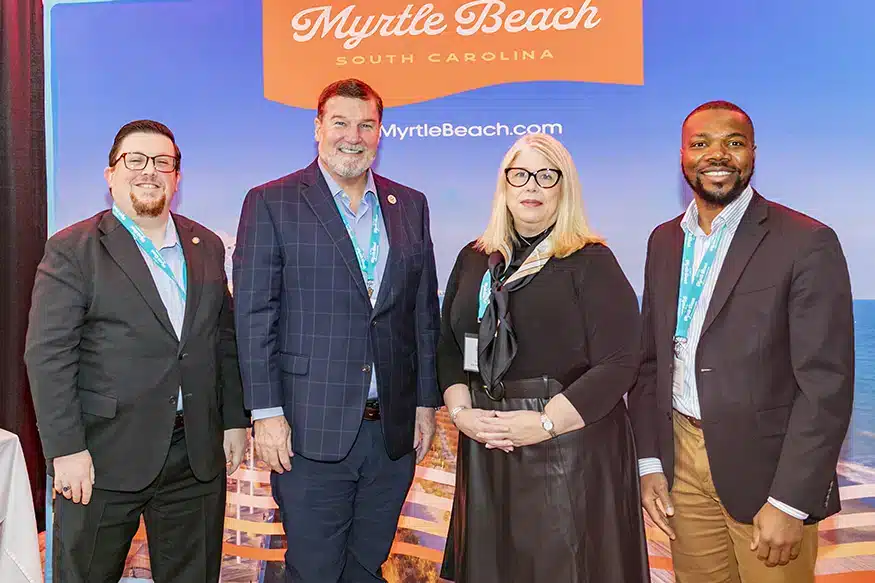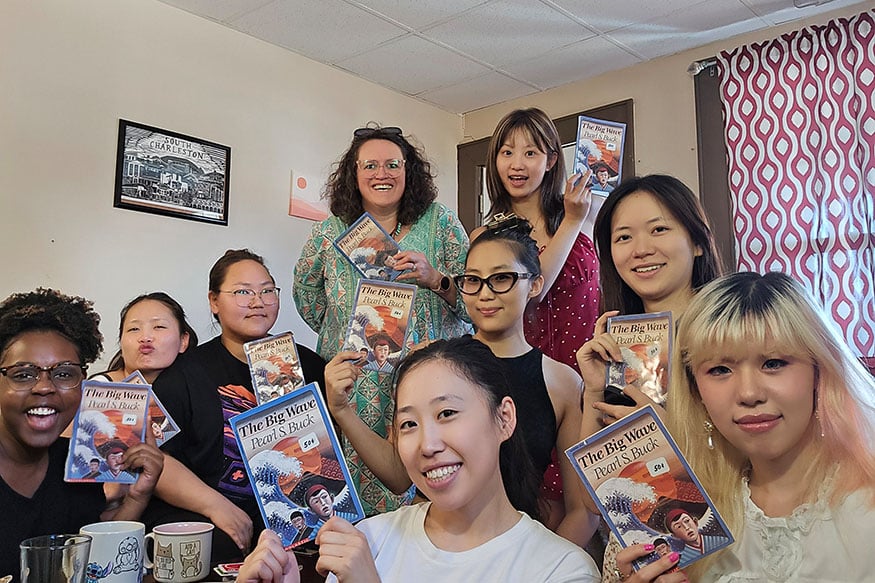I can’t believe I’m at this point already, but it is finally my last week working at the Ngoma Dolce Music Academy in Lusaka. This whole trip has seemed like some bizarre and prolonged dream. I can’t even begin to fathom the notion that in just a little while I will be back in New Jersey. I’ll write one more post after this upon my return: a reflection on my time in Zambia as remembered from across the Atlantic Ocean. Until then, here are my final thoughts on working abroad as a music teacher.
I, unfortunately, was not here long enough to see the construction on the academy completed. With that being said, I have still witnessed a complete 180. Ngoma Dolce went from a temporary location in Kalundu to barely a building in Kabulonga. Now the Kabulonga foundation is almost fully functional. Each instrument and respective teacher has his, her or its own soundproof room. This is a first for Zambia. Being able to take part in the actual construction of this monumental musical milestone has been beyond rewarding. I sure will miss the commute to work – trekking past the now all-too-familiar serene setting.
I will miss my students even more so. In my time here, the number of drum students at Zambia’s only full-time music academy has almost doubled. I have provided high quality formal music education to different provinces of the country. I’ve taken on students from three to 60 years old from across the globe. Some of my students have gone from not knowing how to hold a drumstick to reading and playing Brazilian jazz rhythms such as bossa nova. I’ve even used music for healing in an occasional music therapy session for those in need. To my knowledge, the practice of music therapy in Zambia is nowhere to be found. All of my students have improved greatly. Some students used my traveling musical experiences as a way of studying rhythms from all corners of the world. I’ve taught Ghanaian percussion, calypso beats from the Carribean, New Orleans jazz and all things in between.
Throughout the course of my time here, I picked up on Zambian music education techniques. These are heavily influenced by their former colonizer: Great Britain. In turn I’ve familiarized myself with English music education practices. I will miss working with the faculty of Ngoma Dolce Music Academy immensely.
Speaking of which, I am pleased with Charlie “Chax” Chambuluka. As my (now former) protégé and replacement, I did everything in my power to make sure my students were left in good hands. Zambia’s recently crowned best drummer can now read and teach music, play American jazz and teach drums in a formalized manner because of me. This will hopefully start a chain reaction; I hope the future of Zambian drummers is a highly educated one.
To better my understanding of Zambian traditional percussion, I headed out to a remote corner of the country in search of new rhythms to teach my students. When I finally reached the northwestern village of Zambezi, I was not disappointed.
These traditional rhythms will make it back to the States with me. I hope to continue the loop of musical innovation and teach these sounds to the American youth. This hybridization of music through education is a means of cross-cultural understanding. I aim to create musical cosmopolitans – students capable of being musically relevant in both the States and Zambia.
While on the topic of cross-cultural musical collaboration, a show I’m in the process of planning is worth mentioning. Days before I leave the continent I will be playing a jazz show at the Alliance Francaise of Lusaka. A Canadian (yet American-trained) jazz musician and I are looking to provide the first real jazz showcase to a country with a music scene in dire need. Partially out of curiosity/ambition and partially in order to make it easier to swallow, we are combining our American jazz with the sounds of Zambia’s past and present. We are collaborating with Zambia’s recently crowned best bassist and guitarist as well as a traditional drum and dance troop. The result will simply be where jazz meets Zambia. In a way this performance is a culmination of my time here. I see no way more fitting to leave the country.
Now excuse me while I go enjoy some of my last days in this crazy African city I’ve come to call home. I need to go beat out a few final Zambian rhythms. The next time you hear from me, I will already be back in America reflecting on what a strange journey this has been. Until then, remain well – musale bwino.




